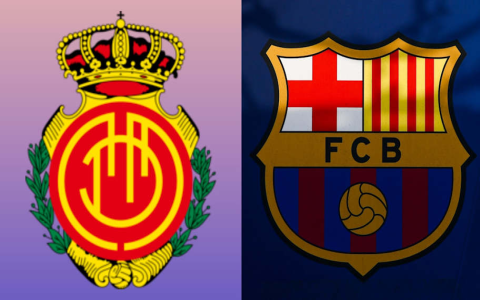Yesterday, a friend suddenly sent me a message: “Who is leading the group between Leipzig and Sporting Lisbon?” My first reaction was, “That’s easy,” and I immediately took out my phone to check. But when I searched, a bunch of websites popped up, either with ads or outdated information. Some pages had already updated the scores even though the match wasn’t over yet, clearly fake data. The more I looked, the more frustrated I got, and I couldn’t find the accurate standings at all.
I tried several sports apps I usually use, such as ESPN and some football news platforms. The homepages of these apps were full of highlights and player gossip, which looked lively, but I couldn’t find the group standings. One app required me to register as a member to view the complete data, which was too much hassle.
I scrolled through several pages, either unable to find the entry point or finding incomplete information when I clicked in. It’s the Champions League, yet such basic rankings are hidden so deeply.

Then I thought, the Champions League is organized by UEFA, so why not go to their official website? I opened my browser, searched for “UEFA official website,” and clicked on the official website.
The page design is simple but clear. I clicked on ‘Competitions’ → “Champions League” → “Group Stage” → “Group D,” and the points for both teams appeared immediately:RB Leipzig had 10 points and Sporting CP had 6 points, so the rankings were clear at a glance.
What satisfied me the most was that the points were updated in real time. A goal was scored in the 89th minute of the match, and when I refreshed the page, the points changed immediately. Unlike some websites, where you have to wait for ages for the information to update.
What’s more, there were no ads, no pop-ups, and no need to register or log in. You could just open the page and see the information.
I found that many people, like me at first, searched for “Leipzig vs Sporting points.” The results were all articles from self-media outlets with titles like “Latest rankings released,” but the content was copied and pasted, and some were even incorrect.
They didn’t think that the most accurate information would be on the official website of the event organizer.
When checking the points, I pay attention to these numbers:
- Total points (3 points for a win, 1 point for a draw)
- Number of games played
- Goal difference (goals scored minus goals conceded)
- Head-to-head results
These factors determine who will advance, so you can’t just look at the points.
At the time, Sporting Lisbon had 6 points, 4 points less than Leipzig. If they won their last game and Leipzig lost, they still had a chance to overtake them. But if they drew or lost, they would be basically out.
The points table is simple, but it shows the fate of each team.
If you want to check the Champions League group stage standings, remember:
- Don’t just rely on search engines, as they can be misleading.
- Go to the UEFA official website and find the “Group Stage” section.
- Select the corresponding group and check the live standings.
- Pay attention to the goal difference and head-to-head record.
- Refresh the page after the match to ensure the data is up to date.
Some websites write “latest match reports” to attract traffic, but the data is wrong. For example, they write 3-1 as 2-1, which means the points are wrong.
Only official sources are accurate, especially for important matches.
Now, my process for checking the Champions League standings is very simple:
- Open the UEFA official website.
- Go to the Champions League group stage page.
- Find the corresponding group.
- Take a screenshot and send it to a friend.
The whole process takes less than a minute, and you no longer have to waste time on junk websites.
Checking points isn’t difficult; the key is finding the right place.
Don’t be fooled by flashy apps and ads.
The UEFA official website may look outdated, but it provides the most accurate information.
Next time you want to know who’s leading, just go to the official website—it’s quick and hassle-free.

